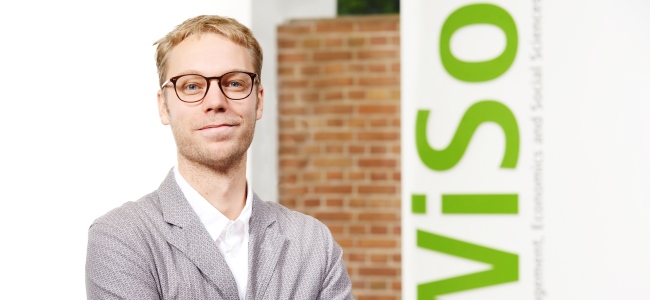Although they are often called Integration failures or social losers, a new study of the University of Cologne shows: The income of low-skilled migrants is often higher than that of equally qualified employees without a migration background. They work very frequently in professions in which they are unskilled. "Employers assess employees with a migration background as especially ambitious, resilient and reliable" implies Merlin Schaeffer, Professor of Demography and Social Inequality at the Institute of Sociology and Social Psychology of the Faculty of Management, Economics, and Social Sciences of the University of Cologne.
Prof. Dr. Schaeffer worked with Jutta Höhne (head of division at the Institute of Economic and Social Research (WSI) - Hans Böckler Foundation) and Céline Teney (Professor of Sociology at the University Bremen) and compared the income of locals with those of migrants who have attended school in Germany, based on the Micro Census data of 2005-2011. The study proves that low-skilled men and women with a migration background receive income benefits, especially those with uneducated families. So German-born early school leavers with Turkish background earn about 2,20 euro more per hour than locals without a school-leaving qualification. There are similar results for people from Italian and Greek backgrounds. Low-skilled people without a migration background rarely find more demanding employment.
"Our results underscore that the capability of people with a migration background living in Germany is underestimated in the public debate", this is Merlin Schaeffer's conclusion. "Early school leaver do often more than people trust them to do".
This study was published in the European Sociological Review:
Income Advantages of Poorly Qualified Immigrant Minorities: Why School Dropouts of Turkish Origin Earn More in Germany
Merlin Schaeffer; Jutta Hohne; Celine Teney
European Sociological Review 2015;
doi: 10.1093/esr/jcv09
For any queries:
Professor Dr. Merlin Schaeffer
Tel: 0221/470-89160
schaeffer@wiso.uni-koeln.de
